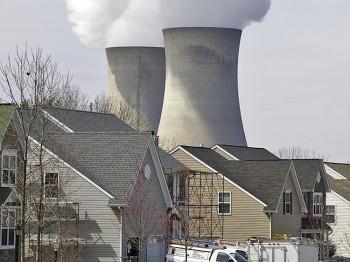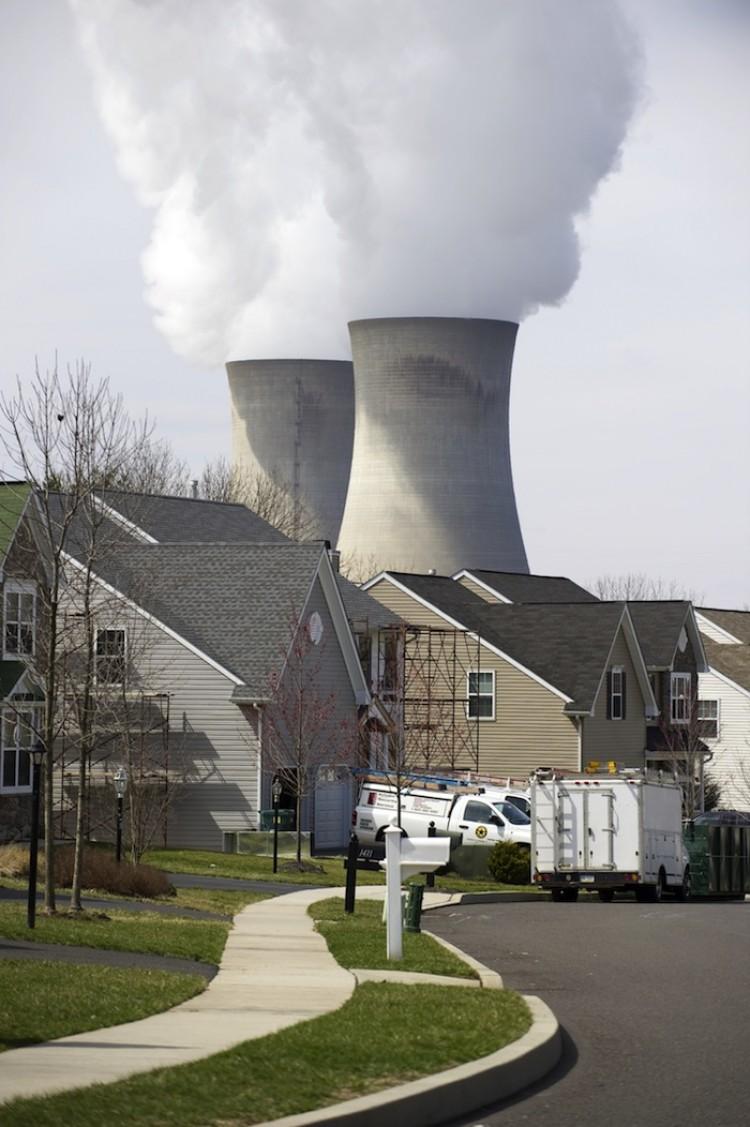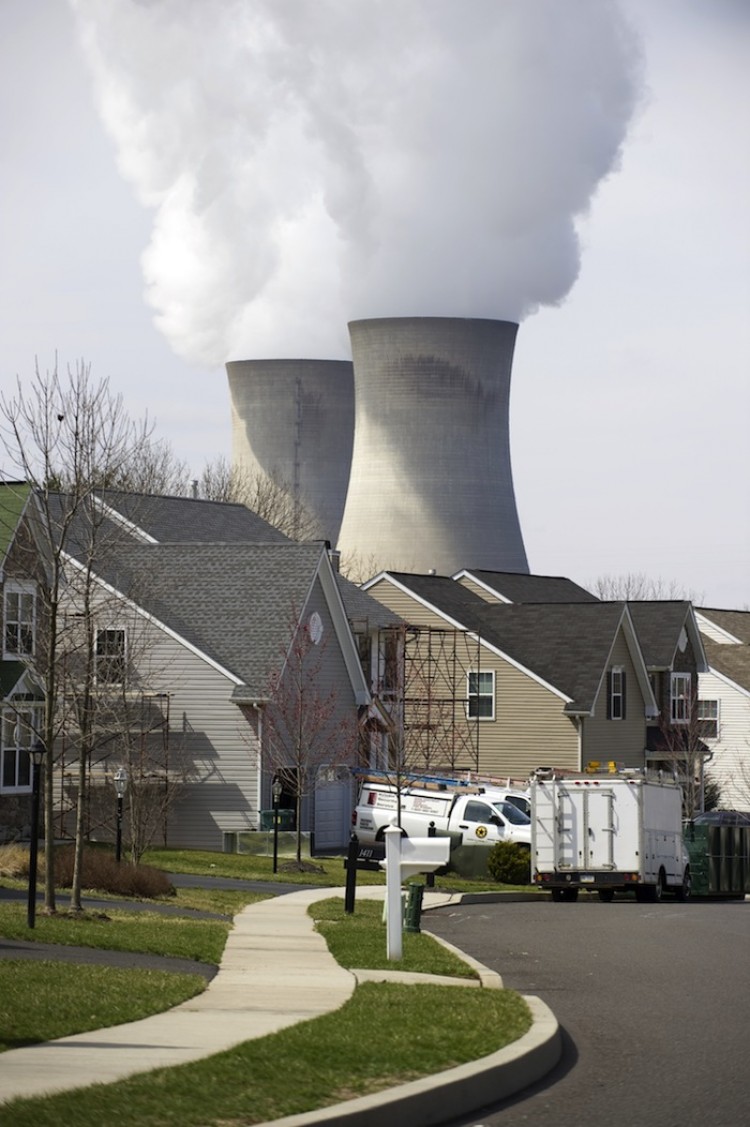Abandoning Nuclear Power Harmful, Says Report
Following the recent earthquake and tsunami that destroyed nuclear plants in Fukushima, Japan, a reevaluation of nuclear power policies has emerged around the globe, as officials make plans to close down facilities.

Cooling towers from the Limerick Generating Station, a nuclear power plant in Pottstown, Pennsylvania on March 25. Limerick consists of two boiling water reactors and is located on the Schuylkill River. Stand Honda/Getty Images
|Updated:






